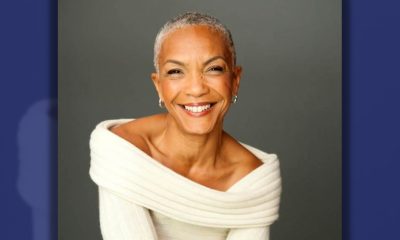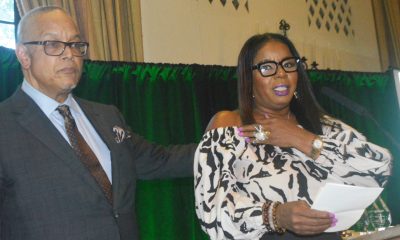California Black Media
Suicide Prevention Week: A Reminder of the Mental Health Crisis Confronting Black Californians
The conclusion of Suicide Prevention Week on Sept.16 served as a reminder, according to wellness advocates, of the ongoing mental health crisis faced by Black Californians. Between 2010 and 2019, Black Californians experienced a 31.1% increase in suicide deaths, according to the California Mental Health Services Oversight and Accountability Commission.
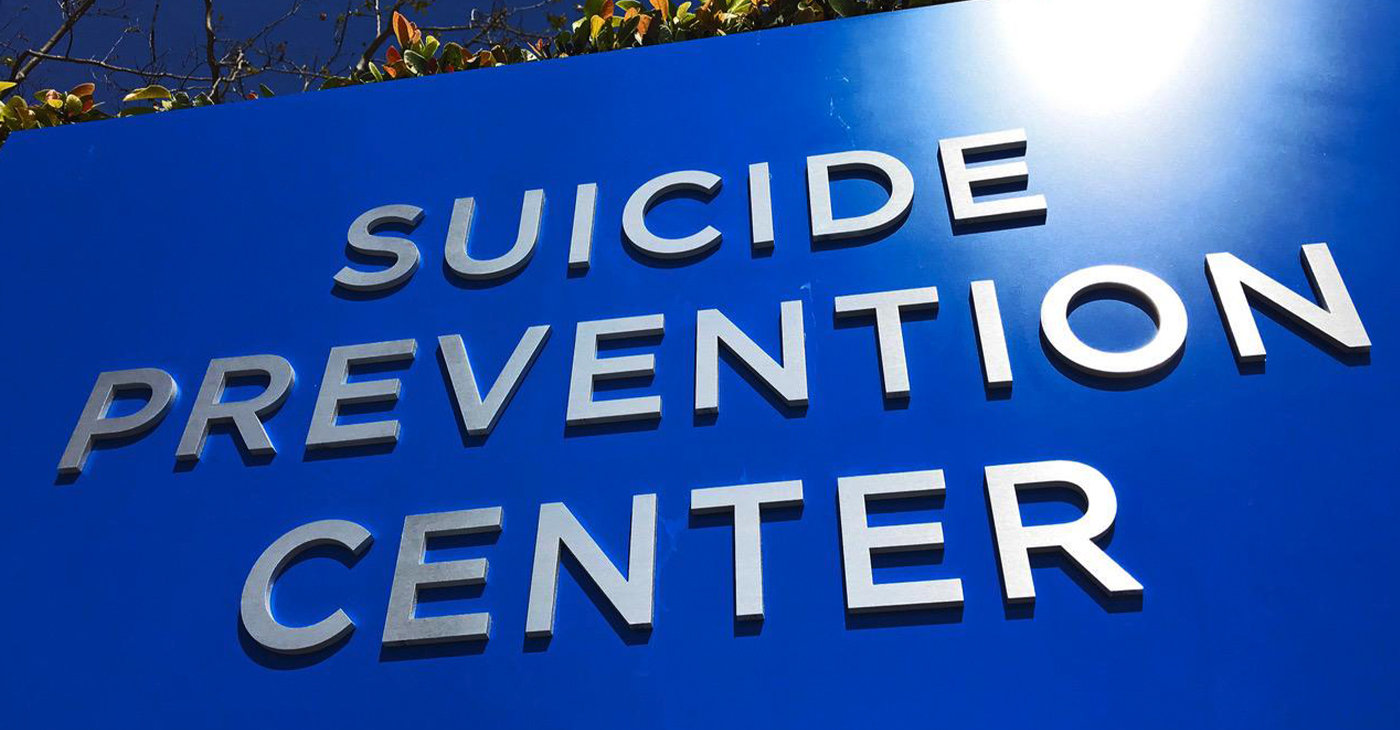
By Aldon Thomas Stiles
California Black Media
The conclusion of Suicide Prevention Week on Sept.16 served as a reminder, according to wellness advocates, of the ongoing mental health crisis faced by Black Californians.
Between 2010 and 2019, Black Californians experienced a 31.1% increase in suicide deaths, according to the California Mental Health Services Oversight and Accountability Commission.
The Center for Disease Control and Prevention (CDC) reported that between 2019 and 2020, non-Hispanic white people experienced a decrease in suicide rates by 4.5% while the rate for non-Hispanic Black people increased by 4%.
For Black men, the numbers are more dire. Over the last two decades, the suicide rate for Black men has increased by nearly 60%, according to the American Academy of Child and Adolescent Psychiatry.
Many of these suicides occur among people ages 10 to 24, prompting schools, colleges and universities to develop programs to reach out to young Black Californians dealing with mental health challenges.
The Claremont Colleges (TCC), a consortium of five private liberal arts colleges and two graduate schools located in Southern California, have implemented programs of their own.
“Across our campuses, we are continuously working to reduce or remove perceived barriers that may prevent people of color from getting services at a counseling center,” said TCC’s director of the Monsour Counseling and Psychological Services Center (MCAPS), Dr. Gary DeGroot.
DeGroot highlighted several internal obstacles, including a mistrust of treatment and therapy, a lack of confidence in the mental healthcare system’s ability to provide culturally competent care, and fear of stigma.
Dr. Adrienne Hilliard, senior staff psychologist at the Claremont Colleges, spoke about the stigma connected to treatment for mental health issues.
“I think as suicide and mental health stigma decreases, Black men are now more open to identify and report that they are in crisis and instead of silently suffering are now encouraged and willing to seek help,” said Hilliard.
She pointed to some external obstacles to seeking mental health treatment.
“Several institutional factors can contribute to the increase suicide rates for Black men: economic oppression, increased educational disparities, racism and racial trauma across all sectors, racial injustice witnessed with the recent increase in recorded murders of Black men by police and others, stigma surrounding manhood and mental illness,” said Hilliard.
Black Californians had the largest increase in firearm suicide rates since the start of the COVID-19 pandemic, according to a study by Injury Epidemiology.
However, TCC has seen an increase in the number of students participating in their mental health programs.
“More resources, specifically for Black folks are becoming readily available,” said Hilliard. “So, statistically there may be greater representation.”
Hilliard pointed to programs like Therapy for Black Men, Black Emotional and Mental Health Collective (BEAM), Black Mental Health Alliance, and The Boris Lawrence Henson Foundation.
DeGroot, who also works closely with the Office of Black Student Affairs (OBSA), stated that students respond positively to having access to Black therapists, connecting with Black organizations, and attending Black student events.
Hilliard spoke on the importance of a community-based approach to mental health care for Black students on their campuses.
“Although each campus has individual resources and services, we encourage a more community-oriented mindset when it comes to our students of color,” said Hilliard. “We understand that community is extremely important for Black students, so we maintain connections with faculty and staff across departments, such as counseling, student health, housing, etc., to ensure our students are supported on every front.
Activism
Oakland Post: Week of May 22 – 28, 2024
The printed Weekly Edition of the Oakland Post: Week of May May 22 – 28, 2024

To enlarge your view of this issue, use the slider, magnifying glass icon or full page icon in the lower right corner of the browser window. ![]()
California Black Media
Expect to See a New Flat Rate Fee of $24 on Your Electricity Bill
Last week, members of the California Public Utilities Commission voted to approve adding a $24.15 flat fee to monthly utility bills starting next year. On May 9, the California regulators took the unanimous vote in favor of the proposal which also reduced the cost of utilities per kilowatt hour but added the fixed charge to mitigate the loss. The new charge will be based on income with lower-income households paying between $6 to $12. Middle-class to high-income households will be expected to pay the full amount.

By California Black Media
Last week, members of the California Public Utilities Commission voted to approve adding a $24.15 flat fee to monthly utility bills starting next year.
On May 9, the California regulators took the unanimous vote in favor of the proposal which also reduced the cost of utilities per kilowatt hour but added the fixed charge to mitigate the loss. The new charge will be based on income with lower-income households paying between $6 to $12. Middle-class to high-income households will be expected to pay the full amount.
CPUC President Alice Reynolds and environmental groups argue that the new rate encourages people to use more clean energy and assist in modernizing the grid.
“We’re marching towards the future we want to see; we want this load growth,” Reynolds said.
“One where we can replace gas-guzzling cars on our roads with EVs that run on clean electricity and emit less pollutants,” she added.
Although the fixed charge is supposed to lower the utility bill for residents, opponents of the charge argue that a flat rate increases the monthly bill for middle and high-income households.
California currently operates under a prepaid model and maintenance of the power grid is included in the overall usage rate. But with this new proposal, residents will pay more than double the national average of $11 for electricity.
Cynthia Martinez, a spokesperson for the Predictable Power Coalition, an advocacy group, argued that a flat rate is more equitable and will reduce the cost of utilities for struggling families.
“For people who live in hotter climates, who really have no choice but to run their air conditioning more often, they’re paying higher costs that go toward grid upkeep,” Martinez said.
In the past, Democrats stalled plans at the state Capitol to approve the flat fee. All 14 Democrats in the Senate Energy, Utilities, and Communications Committee abstained from voting during a hearing on the proposal to roll back the flat rate.
California Black Media
Commentary: Support Early Detection Technology to Save the Lives of Black Cancer Patients
In 2008, I received news no one ever wants to hear. I was diagnosed with Stage I breast cancer, with an ER/PR positive tumor type. The road to recovery was tough, taking more than a physical toll on my body. I grappled with the emotional and mental strain of navigating a health care system that too often fails to address the unique needs of Black women. There was no manual to guide me through this journey, no prescription to ease the burden, and no roadmap to help me navigate the challenges ahead.
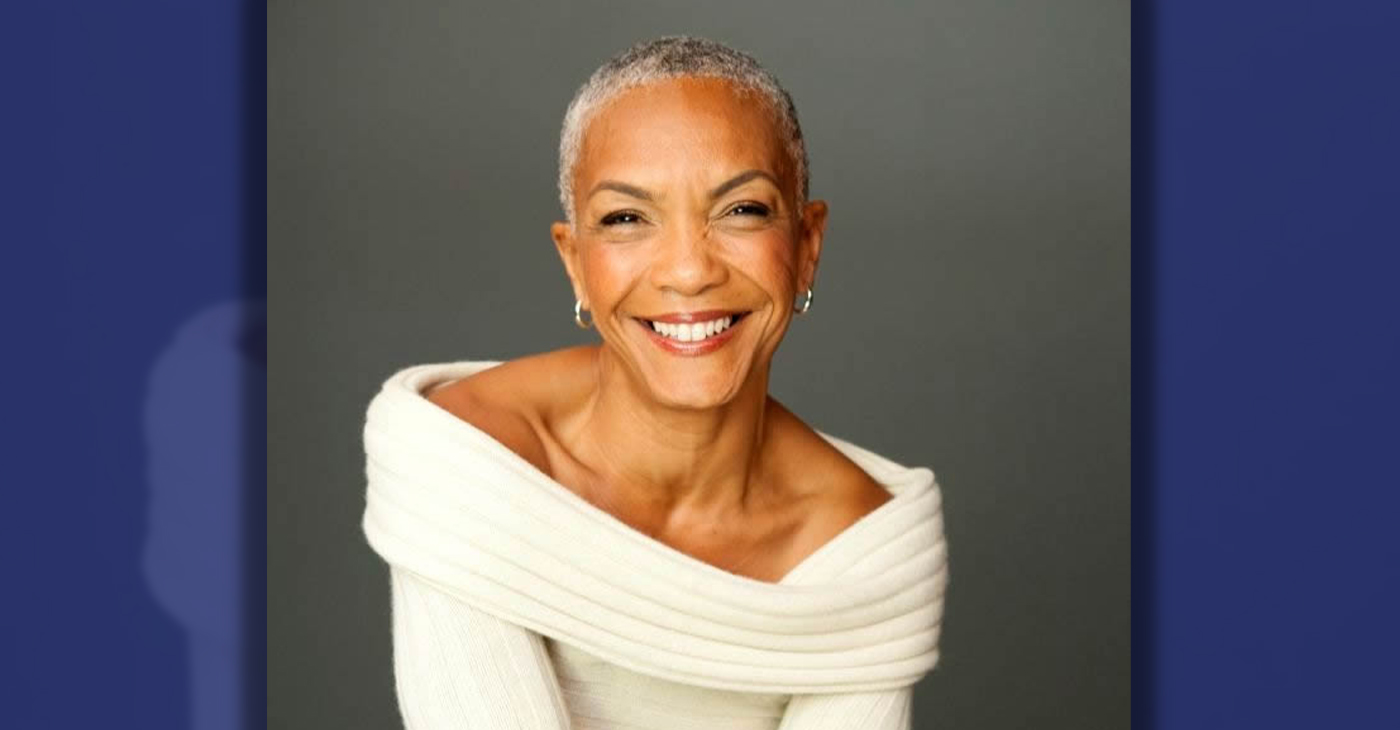
By Rhonda Smith, Special to California Black Media Partners
In 2008, I received news no one ever wants to hear. I was diagnosed with Stage I breast cancer, with an ER/PR positive tumor type.
The road to recovery was tough, taking more than a physical toll on my body. I grappled with the emotional and mental strain of navigating a health care system that too often fails to address the unique needs of Black women. There was no manual to guide me through this journey, no prescription to ease the burden, and no roadmap to help me navigate the challenges ahead.
The stark reality that Black women are 41% more likely to die from breast cancer than White women is a grim reminder of the systemic inequities that pervade our health care system. According to the American Cancer Society, Black Americans have the highest death rate and shortest survival rate of any racial or ethnic group in the country. This disparity extends beyond breast cancer, impacting colorectal, prostate, and lung cancers, among others.
To help overcome these inequities, we need to attack cancer at its roots; we must catch it early, and we must ensure the means to catch cancer early are accessible to the communities most at risk. I consider myself fortunate to have received a Stage 1 diagnosis. Yet, it pains me to know that for many others, their breast cancer is often detected in later, more advanced stages.
Fortunately, there is hope on the horizon. Some California congressmembers — particularly U.S. Rep. Raul Ruiz (D-CA-25) — are taking decisive action. Ruiz is a lead sponsor of a bill to dramatically expand access to cutting-edge early detection tools for Medicare beneficiaries, including millions of Black Americans in underserved communities. With bipartisan support, this bill is closer than ever to passage.
Named in honor of Nancy Gardner Sewell, a civil rights leader and passionate advocate for health justice, the Nancy Gardner Sewell Medicare Multi-Cancer Early Detection Screening Coverage Act would ensure Medicare has the latitude it needs to cover an exciting new class of cancer detection tests as soon as they’re cleared by the FDA.
These tests utilize the latest scientific achievements to identify cancer signals in a patient’s blood stream. They can pinpoint many different types of cancer from a single blood draw, dramatically improving doctors’ ability to detect cancers early and at stages where they are most treatable.
The next phase of our fight against cancer – and the disproportionate toll it takes on Black Americans – starts by urging Congress to pass the Nancy Gardner Sewell Medicare Multi-Cancer Early Detection Screening Coverage Act and ensuring the benefits of this legislation reach all corners of our communities.
I don’t advocate for change for myself, but for every Black woman who has faced, or will face, a similar battle.
Together, we can rewrite the narrative of health care, catch and treat cancer early, and ensure that every woman has the opportunity to thrive, regardless of her race or background.
About the Author
Rhonda Smith, Executive Director of the California Black Health Network, leads initiatives to advance health equity for Black Californians, leveraging her expertise from roles including consulting and spearheading health disparities initiatives for BIPOC communities. With an MBA from the University of Virginia’s Darden School of Business and a B.S. in Civil Engineering from Virginia Tech, Rhonda has led transformative projects like the LiveHealthy OC Initiative and the Susan G. Komen® Circle of Promise California Initiative to address health disparities and promote whole person care approaches.
-

 City Government3 weeks ago
City Government3 weeks agoCourt Throws Out Law That Allowed Californians to Build Duplexes, Triplexes and RDUs on Their Properties
-
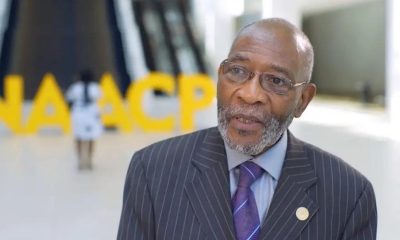
 Activism3 weeks ago
Activism3 weeks agoS.F. Black Leaders Rally to Protest, Discuss ‘Epidemic’ of Racial Slurs Against Black Students in SF Public School System
-
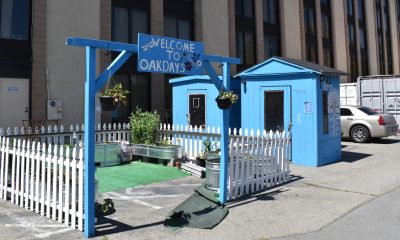
 Alameda County3 weeks ago
Alameda County3 weeks agoAn Oakland Homeless Shelter Is Showing How a Housing and Healthcare First Approach Can Work: Part 1
-

 Community3 weeks ago
Community3 weeks agoGov. Newsom, Attorney General Bonta Back Bill to Allow California to Host Arizona Abortion Care
-

 Community3 weeks ago
Community3 weeks agoOpening Soon: Vibe Bistro Is Richmond’s New Hub for Coffee, Cuisine, Community and Culture
-

 Community3 weeks ago
Community3 weeks agoGov. Newsom Issues Proclamation Declaring Day of Remembrance for the Armenian Genocide
-

 Bay Area3 weeks ago
Bay Area3 weeks agoMayor Breed Proposes Waiving City Fees for Night Markets, Block Parties, Farmers’ Markets, Other Outdoor Community Events
-

 California Black Media3 weeks ago
California Black Media3 weeks agoCinco De Mayo: Five Interesting Facts You Should Know About the Popular Mexican American Holiday






